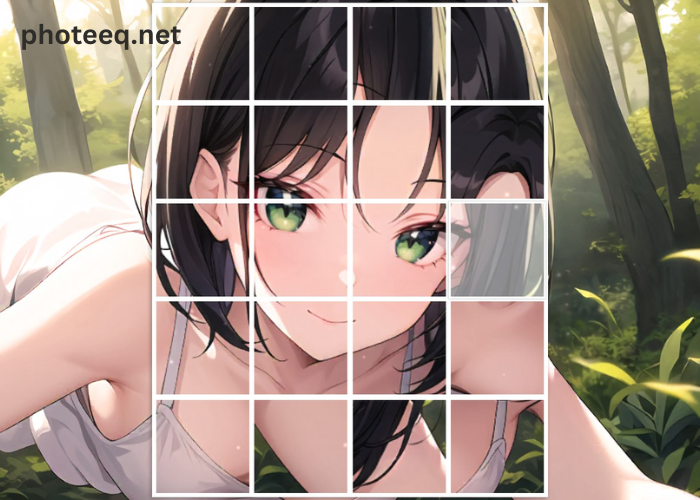In the realm of modern media and pop culture, few genres evoke as much fascination, controversy, and misunderstanding as hentai. Derived from the Japanese word for “pervert” or “abnormal,” hentai refers to a genre of manga (Japanese comics) and anime (Japanese animation) characterized by explicit sexual content. Despite its niche status in the West, hentai has garnered significant attention and debate, shaping discussions around freedom of expression, cultural perceptions of sexuality, and the influence of digital media. Explore a wide collection of high-quality hentai content on Hentai3z. Enjoy a variety of genres and categories to satisfy your anime cravings.
Origins and Evolution
Hentai’s origins can be traced back to the early 20th century in Japan, where it emerged alongside the development of manga and anime. Initially, it served as a subversive form of artistic expression, challenging societal norms and exploring taboo themes that were largely absent in mainstream media. Over time, hentai evolved into various subgenres catering to diverse preferences, ranging from romantic and comedic narratives to more extreme and fetishistic content.
Cultural Perception and Taboo
In Japanese culture, hentai occupies a complex position. While it enjoys a dedicated fanbase and commercial success within certain circles, it remains controversial and often stigmatized. The portrayal of explicit sexual acts in hentai contrasts sharply with Japan’s conservative attitudes towards public displays of sexuality, leading to debates over its cultural impact and ethical implications.
Global Reception and Legal Issues
Internationally, hentai has gained prominence primarily through online platforms and fan communities. Its accessibility has sparked discussions on censorship, age restrictions, and the regulation of digital content. Countries vary widely in their approach to hentai, with some imposing strict regulations and others adopting more permissive attitudes towards adult-themed media.
Artistic Expression vs. Exploitation
Critics and scholars debate whether hentai represents a legitimate form of artistic expression or mere exploitation. Proponents argue that it provides a platform for exploring fantasies and desires that are often repressed or marginalized in mainstream media. Conversely, detractors raise concerns about its potential to reinforce harmful stereotypes, objectify characters, and perpetuate unrealistic expectations of sexuality.
Impact on Media and Technology
The proliferation of hentai has influenced broader trends in media consumption and technological innovation. Online streaming services, digital publishing platforms, and fan translations have facilitated the global dissemination of hentai content, challenging traditional boundaries between producers and consumers. This democratization of access has reshaped the landscape of adult entertainment and raised questions about the future of content moderation and digital ethics.
Ethical Considerations and Social Discourse
As hentai continues to provoke controversy and fascination, discussions around its ethical implications remain pertinent. Advocates emphasize the importance of respecting diverse sexual preferences and freedoms of expression, while critics advocate for responsible consumption and mindful engagement with adult content. The intersection of cultural, legal, and ethical considerations underscores the need for ongoing dialogue and critical analysis in navigating the complexities of hentai in modern media.
Conclusion
In conclusion, hentai stands as a provocative and divisive genre within modern media, challenging cultural norms, legal boundaries, and ethical frameworks. Its exploration of taboo themes and explicit content sparks debates on freedom of expression, artistic integrity, and societal attitudes towards sexuality. As attitudes and technologies continue to evolve, the cultural impact and controversies surrounding hentai will undoubtedly shape the future landscape of media, offering insights into the complexities of human desires and the boundaries of creative expression.







